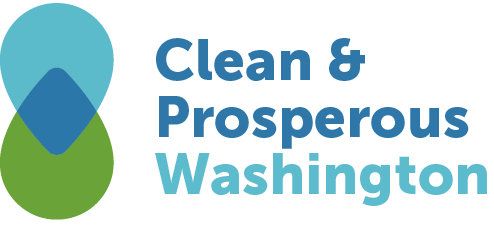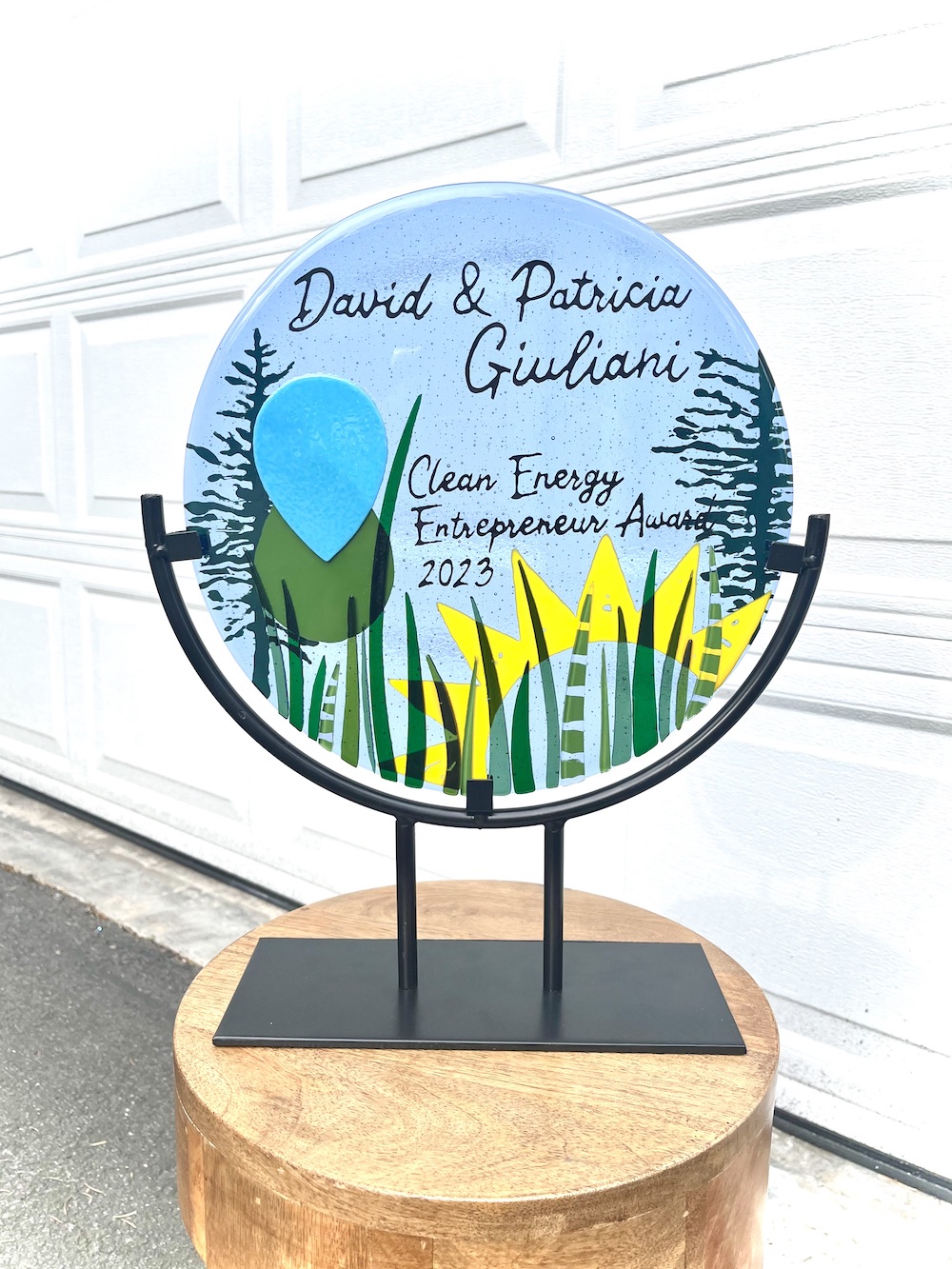FOR IMMEDIATE RELEASE
Media Contact:
Lee Keller
Call or text: 206.799.3805
lee@thekellergroup.com
GROUP CALLS FOR INCREASED FUNDING TO DECARBONIZE TRANSPORTATION
Legislature urged to fund incentive programs to reach GHG targets
(Seattle, WA) January 6, 2023– While hailing the gubernatorial announcement of investments in climate funding, Clean & Prosperous Washington called on the Washington State Legislature to increase its funding of climate initiatives with a suite of investments to catalyze the market expansion of zero emission cars and trucks including transportation decarbonization funding for vehicle purchases and infrastructure. Encouraging the legislature to match California’s investments, which have helped that state improve air quality, Clean & Prosperous calculated that similar investments in medium- and heavy-duty vehicles in Washington State would be up to $300 million per year.
At the group’s sold-out fifth annual Future of Carbon Policy Forum, held January 5, Executive Director Michael Mann noted that Washington state is leading with a comprehensive suite of regulatory policies, including the Climate Commitment Act and the Clean Fuel Standard, both of which took effect just four days ago. However, Mann noted that more needs to be done, as the latest inventory of greenhouse gas emissions shows state emissions rising, not falling.
“The Climate Commitment Act is expected to raise over a billion a dollars in the next biennium to reduce carbon emissions,” Mann continued. “With this revenue, Washington must seize the opportunity to match its regulatory standards with robust incentives to help reduce compliance costs, stimulate additional emission reductions, and spur private investment.”
Clean & Prosperous has studied effective transportation decarbonization solutions in Washington State, through two study missions to California as well as national research. In a letter to legislative leaders Marko Liias, Senate Transportation Committee Chair and Jake Fey, House Transportation Committee Chair, the group is calling on the legislature to fund a number of different actions to meet our state’s carbon reduction goals. Those actions include:
- Increased tax exemptions for passenger electric vehicle purchases and extending the sales tax exemptions to pick-up trucks and SUVs
- Increased speed-to-market and cost effectiveness for the essential charging infrastructure for ZEV vehicles
- Establishment of deeper incentives for lower-income residents to move from older vehicles to new or used ZEVs
- A well-funded, three-pronged approach to medium and heavy-duty fleets, including:
- medium and heavy-duty vehicle purchase incentives
- robust vehicle charging and fueling infrastructure deployment, and
- targeted demonstration projects.
“Air quality is worse in communities overburdened with diesel emissions from roadways,” noted Paula Sardinas, founder of the Washington Build Back Black Alliance. “Transitioning to zero emission trucks, vans and buses is one of the best ways to improve air quality while attacking carbon pollution.” Sardinas and a dozen other companies, agencies and non-profits joined Clean & Prosperous in a working group this summer to design incentive programs to decarbonize medium and heavy-duty vehicles.
Volvo Group of North America’s Zero Emission Technology Program Director Andrea Pratt described why few ZEV trucks are operating in Washington now. “The vast majority of our electric big rigs are going to states which have robust purchase incentive programs, like California, New York and New Jersey.”
The group, which heard from a number of federal and state officials at its conference, also awarded the 2nd annual Patricia and David Giuliani Clean Energy Entrepreneur Award to Myno, a Washington State company which is planning on building and operating large-scale carbon removal facilities that convert sustainably sourced timber and agricultural waste into biochar and carbon-negative, renewable, baseload electricity.
Myno CEO and Founder Thor Kallestad said, “We are honored to be receiving this important award recognizing our groundbreaking work. Our carbon removal facilities deliver high quality biochar to support regenerative agriculture, generate renewable electricity to displace fossil fuel sources, reduce severe wildfire risk in our forests, create green jobs in our rural timber dependent communities, all while mitigating the climate crisis. We are proud to be leading our state towards a just transition to a climate resilient future.”
Additional information on the forum and the 2nd Annual David and Patricia Giuliani Clean Energy Entrepreneur Award and the other four nominees, can be found at Clean & Prosperous Washington. Media: Please contact Lee Keller for interviews at 206.799.3805 or lee@thekellergroup.com.
More About Clean & Prosperous Washington
Clean & Prosperous Washington is a team of business leaders working with labor, tribes, environmental organizations, and social justice advocates to enact smart climate policies in Washington state. Together with the Clean & Prosperous Institute, we are working to drive down greenhouse gas emissions while improving health and job outcomes, propel a stronger, more globally-competitive economy, and serve as a beacon of best-in-the-nation climate action for other states to emulate.
###

